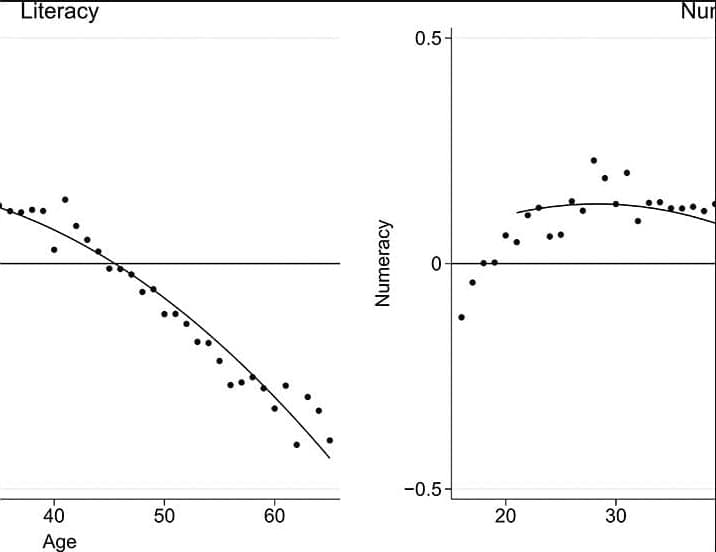In today’s AI news, Backed by $200 million in funding, Scott Wu and his team at Cognition are building an AI tool that could potentially disintegrate the whole industry, at a $2 Billion valuation. Devin is an autonomous AI agent that, in theory, writes the code itself—no people involved—and can complete entire projects typically assigned to developers.
In other advancements, OpenAI is changing how it trains AI models to explicitly embrace “intellectual freedom … no matter how challenging or controversial a topic may be,” the company says in a new policy. OpenAI is releasing a significantly expanded version of its Model Spec, a document that defines how its AI models should behave — and is making it free for anyone to use or modify.
Then, xAI, the artificial intelligence company founded by Elon Musk, is set to launch Grok 3 on Monday, Feb. 17. According to xAI, this latest version of its chatbot, which Musk describes as “scary smart,” represents a major step forward, improving reasoning, computational power and adaptability. Grok 3’s development was accelerated by its Colossus supercomputer, which was built in just eight months, powered by 100,000 Nvidia H100 GPUs.
And, large language models can learn complex reasoning tasks without relying on large datasets, according to a new study by researchers at Shanghai Jiao Tong University. Their findings show that with just a small batch of well-curated examples, you can train an LLM for tasks that were thought to require tens of thousands of training instances.
S new o1 model, which focuses on slower, more deliberate reasoning — much like how humans think — in order to solve complex problems. ” + Then, join Turing Award laureate Yann LeCun—Chief AI Scientist at Meta and Professor at NYU—as he discusses with Link Ventures’ John Werner, the future of artificial intelligence and how open-source development is driving innovation. In this wide-ranging conversation, LeCun explains why AI systems won’t “take over” but will instead serve as empowering assistants.
Meanwhile, when confronted with a constant stream of new AI tools, it can be stressful to make the best choice, especially with hype of “the next big thing. In the opening keynote from the Gartner IT Infrastructure, Operations & Cloud Strategies Conference, Gartner experts Autumn Stanish, Hassan Ennaciri and Roger Williams equip you with insights and guidance on the AI, cloud and platform trends.
We close out with expert panel, at AI House, led by Moderator Mina Al-Oraibi, The National delves into how a globally integrated AI ecosystem can revolutionize smart cities by enhancing efficiency, sustainability, and citizen well-being. Panelists include; Thomas Pramotedham Presight, Juan Lavista Ferres, Microsoft AI For Good Research Lab, Guillem Martínez Roura, International Telecommunications Union, and Anna Gawlikowska, SwissAI.






